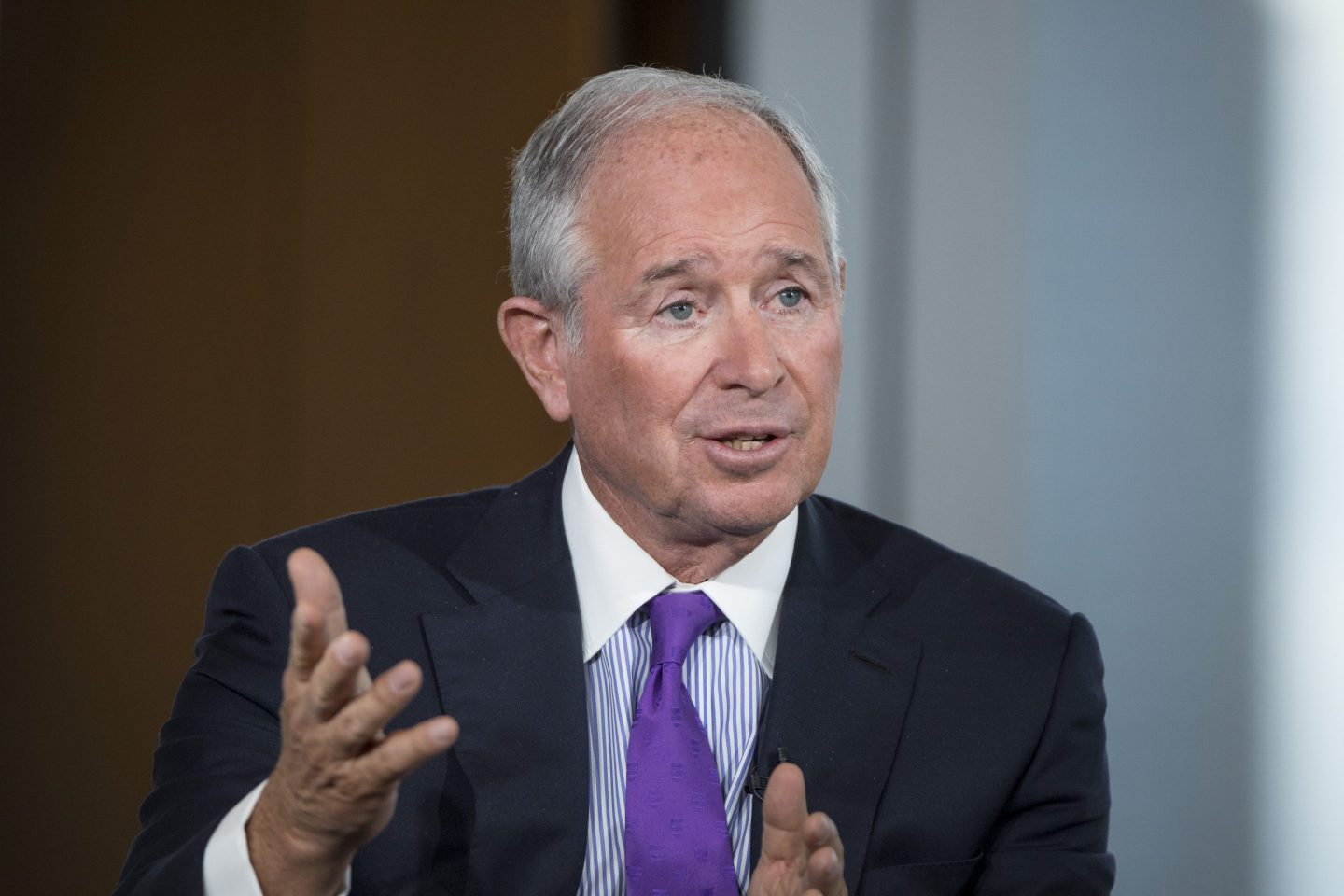Nepal is facing burnout on a macroeconomic scale.
The pandemic has drained Kathmandu’s foreign reserves to dangerous lows, forcing the government to decide what imports it can and can’t afford to bring into the country. On Wednesday, Nepal halted the imports of some luxury goods, like alcohol, tobacco, motorcycles, and pricy mobile phones, which follows an earlier import ban on cars and cosmetics.
And to save on oil imports—which Nepal needs for transportation—Nepal decided to shorten its workweek.
Starting May 15, the Nepalese workweek will officially scale down from five and a half days to just five. Kathmandu bills this as giving workers two days of holiday a week, which most of the U.S. would recognize as a regular weekend.
Nepal spends roughly $8.2 million a day on fuel imports, and the country’s state-owned oil company announced in January that it was effectively bankrupt.
Nepal’s total imports of all goods have increased by 38.6% since last July, the start of the country’s fiscal year, to reach $10.7 billion, versus $1.2 billion in exports. Meanwhile foreign exchange reserves have fallen 18% over the same period to about $9.6 billion, equal to about six months’ worth of exports, according to Reuters.
Nepal gets much of its foreign reserves through remittances made by overseas Nepalese, and the tourism industry. Roughly 60% of Nepal’s foreign reserves come from remittances sent by overseas workers, yet remittance flows declined 3% between mid-July and mid-March as overseas work dried up. Nepal also gets foreign currency from the tourism industry, which has been hit hard by the COVID pandemic. Just over 150,000 tourists entered Nepal last year, compared to almost 1.2 million in 2019.
Nepal’s balance-of-payments problem comes at the same time as a much more serious foreign exchange crisis hits Sri Lanka. The South Asian island is facing its worst economic crisis in decades, as a rapid decline in its foreign reserves leave it unable to buy necessary goods from overseas and unable to make debt payments to foreign bondholders.
Sri Lankans, frustrated by food and fuel shortages, are now protesting the government, and Sri Lanka’s leaders are currently in negotiations with the International Monetary Fund regarding a bailout to help the country pay back its creditors.
Fortunately, Nepal may not be in quite such dire straits as Sri Lanka. The former country has much less debt, equal to almost 50% of GDP. By comparison, Sri Lanka’s debt-to-GDP ratio was 104% in 2021.
And tourists are starting to return to the Himalayas, bringing much needed foreign cash to Nepal. In March, Nepal reported 42,000 visitors for the month, the highest monthly total in over two years.
Sign up for the Fortune Features email list so you don’t miss our biggest features, exclusive interviews, and investigations.












